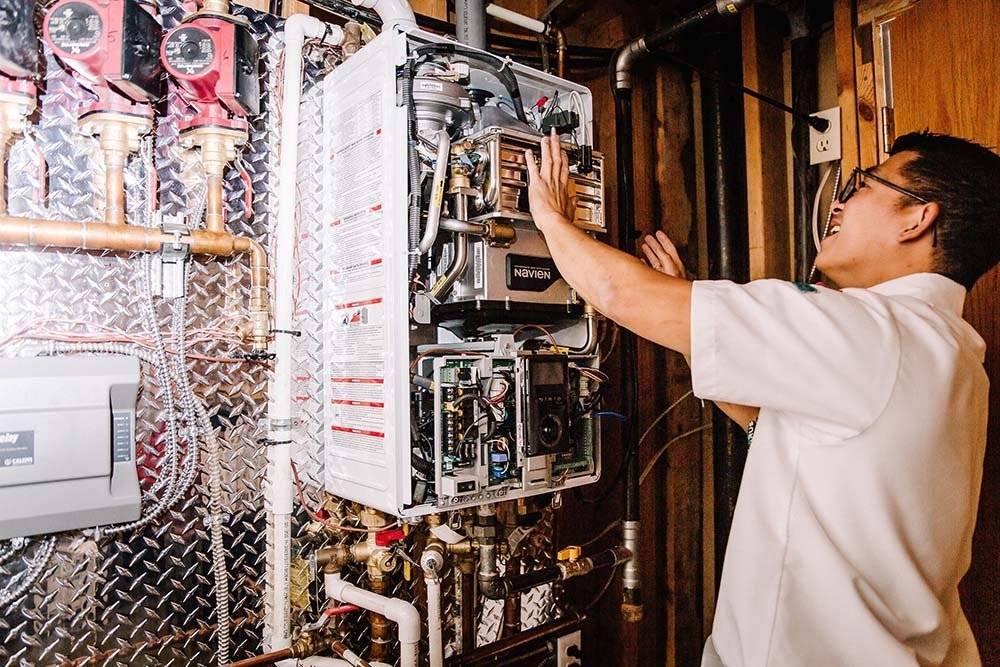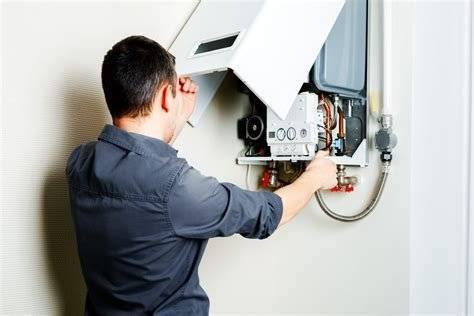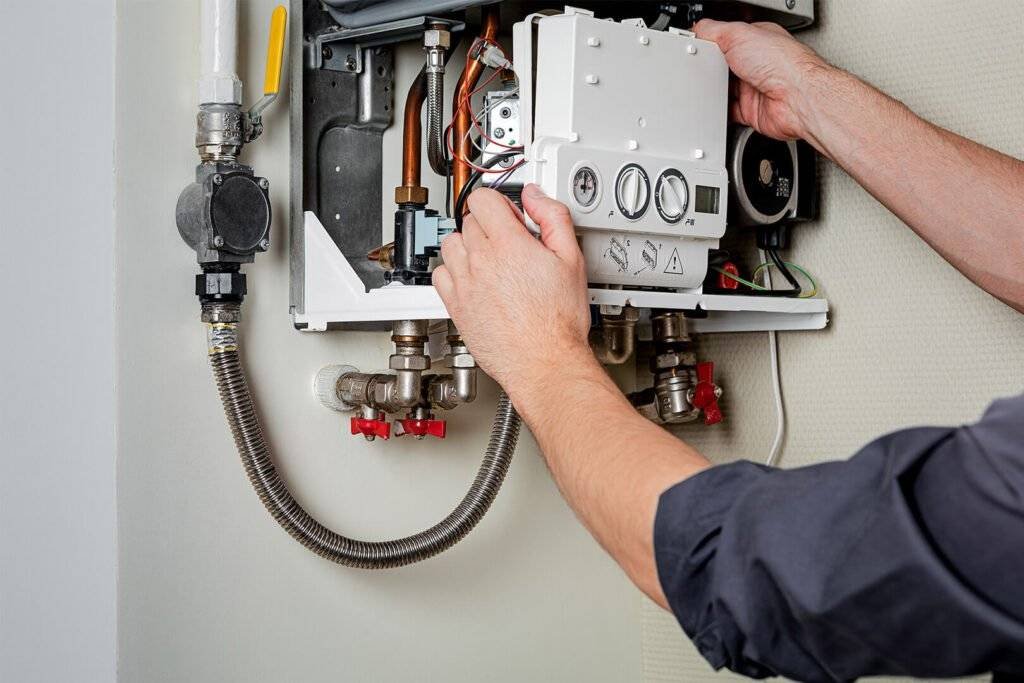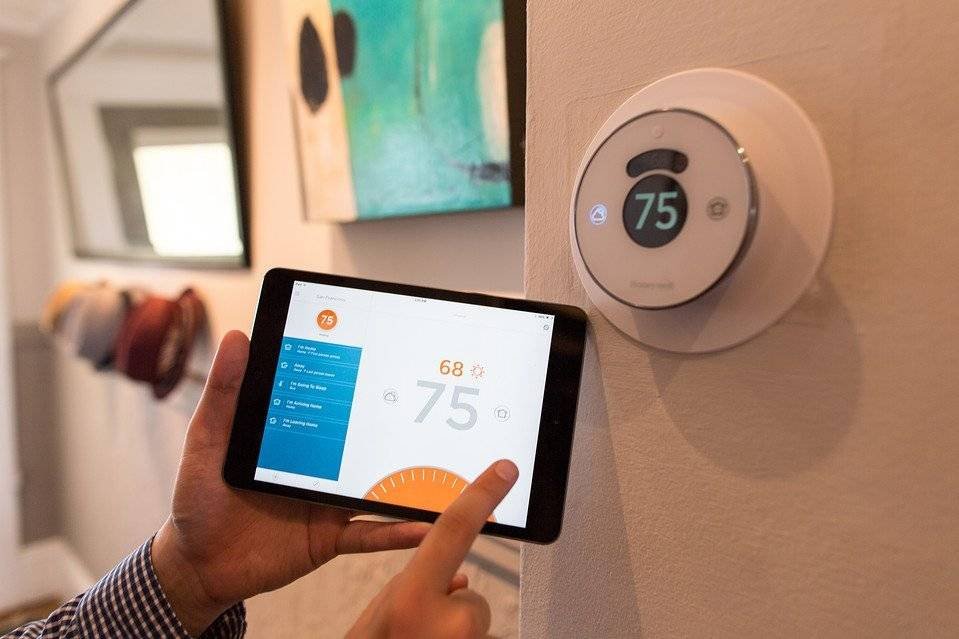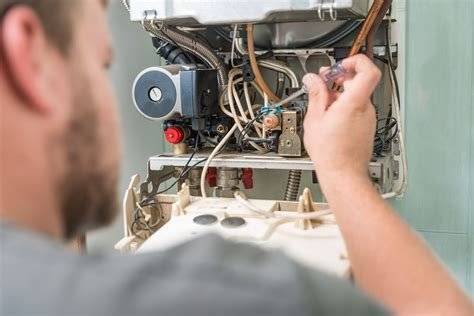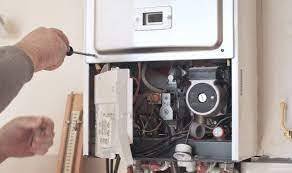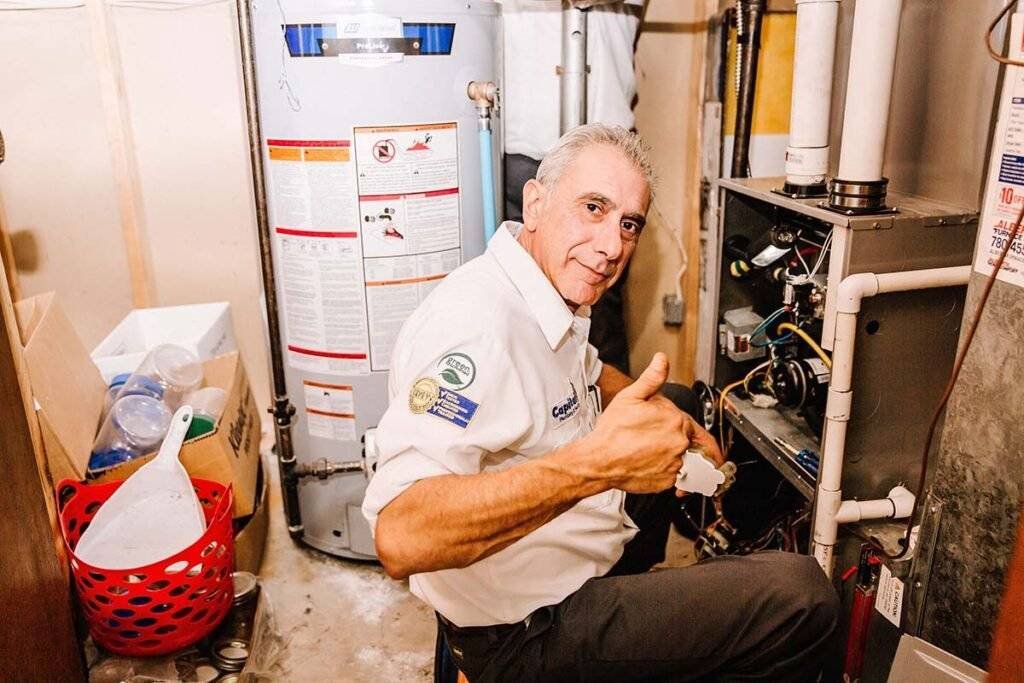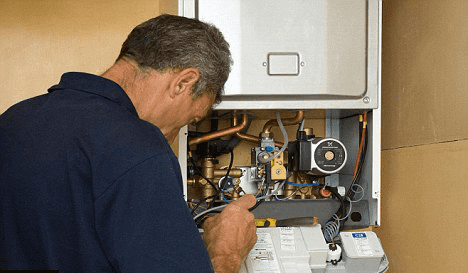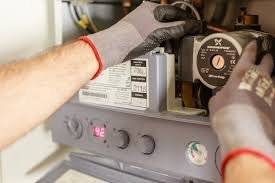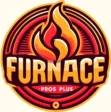Furnace Installation Beverly - Your Dependable Heating Experts
Furnace Pros Plus is your reputable partner for all your heating needs. With years of experience, we concentrate on delivering top-notch heating solutions to keep your home warm and comfortable. Our team of competent specialists commit themselves to providing professional heater setup, upkeep, and repair work services. We understand the importance of a properly operating heating unit, specifically during the chillier months. We prioritize efficiency, price, and client fulfillment in every task (huge or little). Whether you need a brand-new heater, a routine check-up, or emergency situation repair work, count on Furnace Pros Plus for reputable and efficient heating services that guarantee peace of mind and convenience.
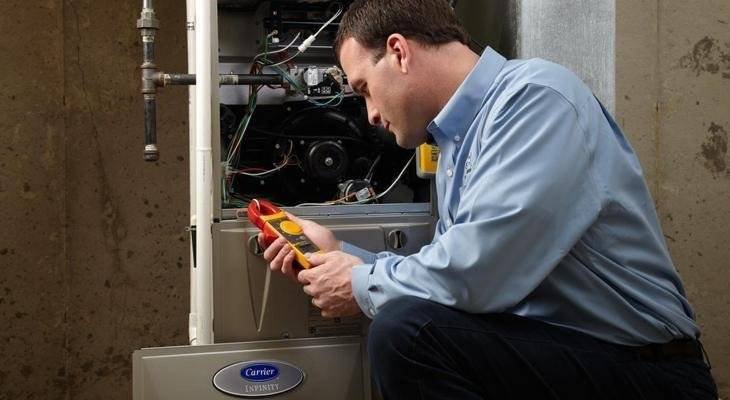
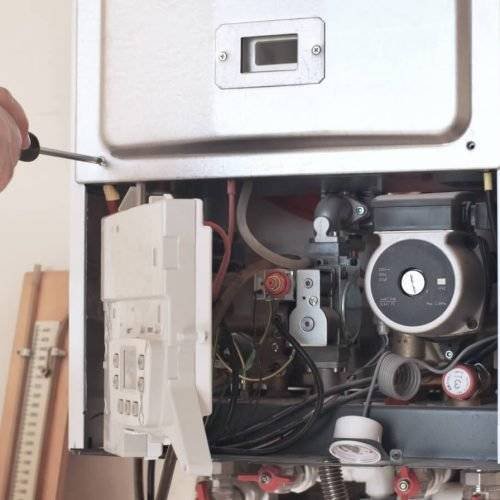
Who Are We?
Residential Heating Replacements and Repairs
At Furnace Pros Plus, we are Beverly’s leading destination for all your residential heater installations. With a dedication to excellence and an enthusiasm for guaranteeing your indoor benefit, we have become a relied on name in the heating & cooling industry.
Got a furnace emergency situation? Contact us 24/7 at (587) 409-5683
For several years, we have committed ourselves to using top-notch heater installations, maintenance, and repairs to residences in Beverly. Our team of incredibly competent specialists boasts extensive experience and understanding in handling a wide variety of heating units, making us the go-to experts in Alberta.
Connecting to heater services, we take pride in offering efficient and reputable services, tailoring our solutions to your particular requirements. If you need a brand-new furnace for your residence, our team will ensure a smooth installation that guarantees your space stays comfortable and warm.
Routine maintenance is crucial to the resilience and efficiency of your furnace, and we offer detailed tune-up methods to keep your heating system running smoothly. Our dedicated experts carry out extensive assessments, recognizing and dealing with any possible problems without delay.
In times of unexpected breakdowns, our swift and efficient repair work services are here to save you from the cold. We understand the urgency of heating emergency situations and are readily standing by to supply instant help.
At Furnace Pros Plus, we are more than merely a heating contractor; we are your partners in producing a comfortable and warm environment for your house in Beverly. Trust us for exceptional service, quality workmanship, and a dedication to your complete fulfillment. Your comfort is our priority, and we eagerly anticipate serving you.
How can we help you?
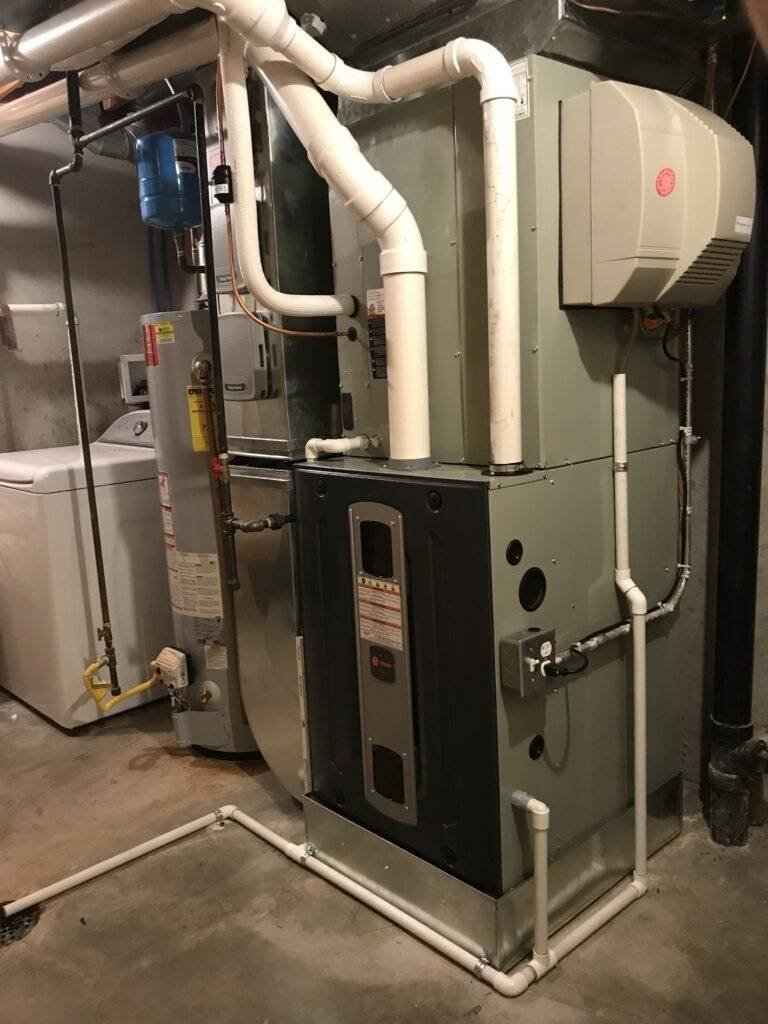
Comprehending the Cost of Installing a New Furnace
Intro
An operating heater is necessary when it pertains to keeping a comfortable and warm home during the chillier months. Nevertheless, there comes a time when installing a brand-new heater is unavoidable.
Comprehending the expenses involved in this process is important for property owners to plan and budget plan appropriately. This extensive guide checks out the numerous factors influencing the cost of installing a brand-new heater.
Elements Influencing Heater Installation Expenses
Kind of Furnace:
- Gas Heaters: Popular for their efficiency, they generally cost more in advance however offer lower operating expense.
- Electric Furnaces: They are more economical than gas heaters. Nevertheless, electrical designs tend to have greater operational expenses due to electrical power rates.
- Oil Heating systems: These are less typical and can be more expensive due to the cost of oil.
Heater Size and Capacity
- Square Footage: The size of your home directly affects the capability required for the heater.
- BTU Score: Greater BTU scores equate to more effective heaters, which can increase the cost.
Effectiveness Scores
Yearly Fuel Utilization Effectiveness (AFUE):
Greater AFUE scores mean better efficiency however also featured a higher price.
Brand and Quality
Top-tier brand names frequently command greater rates due to their credibility for quality and durability.
Installation Complexity
- Existing System: Updating from an old system may require additional work and cost.
- Ductwork: The condition and layout of existing ductwork can impact setup complexity.
- Availability: Hard access to the setup website can increase labour expenses.
Labour Expenses
Labour expenses vary by area. In addition, the complexity of the setup can affect labour expenses.
Extra Expenses to Consider
- Permits: Some areas require licenses for heater setup.
- Inspections: City bylaws may require post-installation evaluations for safety compliance.
- Thermostats: Updating to a clever thermostat can incur additional expenses.
Average Cost of Heater Replacement
While rates can vary widely based on the factors pointed out above, here are some average cost ranges for heater setup:
- Gas Heating systems: $2,000 to $5,000.
- Electric Furnaces: $1,000 to $2,500.
- Oil Heating systems: $2,500 to $6,000.
These are rough price quotes and can vary based on particular home requirements.
Cost-Saving Tips.
Research and Compare.
Obtain several quotes from various professionals to guarantee competitive pricing.
Look For Rebates and Rewards.
Look for energy efficiency rebates provided by energy business or government programs.
Consider Long-Term Cost Savings.
Investing in a more efficient heater can reduce energy costs in time.
Conclusion
Setting up a brand-new heater is a substantial investment, and understanding the expenses included is necessary for any property owner. By considering the type of heater, setup complexity, labour expenses, and additional expenses, property owners can better prepare for this required upgrade. Keep in mind to look for several quotes, check out readily available rebates, and consider long-term energy cost savings when choosing.
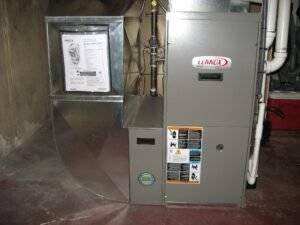
The Right Size Heater for Your Home: A Comprehensive Overview
Intro
Picking the best size heater for your home is important for guaranteeing efficient heating and convenience during the chillier months. A heating system that’s too little will not keep your house warm, while one that’s too big can cause unnecessary energy consumption and unequal heating. This guide will assist you identify the ideal heater size for your home.
Comprehending Heater Sizing: BTU and Effectiveness
We determine the size of a furnace in British Thermal Systems (BTU). One BTU is the energy required to raise the temperature of one pound of water by one degree Fahrenheit. When picking a furnace, 2 key factors play a role: the BTU ranking, suggesting the heater’s heating capability, and its efficiency ranking, measured in Yearly Fuel Utilization Effectiveness (AFUE).
Determining Your Home’s Heating Needs
You need to calculate your home’s heating needs to identify the correct heater size. The calculation thinks about factors like square footage, environment zone, insulation quality, window type, and house layout. Generally, you need approximately 30-60 BTUs per square foot. Nevertheless, this differs based on your home’s particular attributes.
Environment Zone and Its Influence On Heater Size
Your geographical place considerably affects the heater size needed. Residences in chillier areas, such as [place], require more BTUs per square foot than those in milder climates. Speak with a heating specialist for particular suggestions.
The Role of Home Insulation in Heater Sizing
Good insulation decreases the amount of heat loss, implying you can choose a smaller heater. Evaluate your home’s insulation in the walls, attic, and windows. Updating insulation can be a cost-effective method to minimize heating requirements.
Considerations for Various Kinds Of Heaters
There are numerous kinds of heaters, like gas, electrical, and oil. Each type has unique sizing factors to consider. Gas heaters prevail and efficient, electrical heaters are more simple and more secure however frequently more expensive to operate, and professionals set up oil heaters where gas isn’t readily available.
Importance of Professional Heating And Cooling Assessment
An expert a/c assessment is invaluable. Technicians consider all variables, including ductwork and home layout, to recommend the ideal heater size. They can carry out a Manual J calculation, the industry standard for figuring out heating and cooling loads.
Energy Effectiveness and Cost-Effectiveness
Picking a furnace with a high AFUE ranking is important for energy efficiency and cost savings. Modern heaters have AFUE scores between 80% and 98%, suggesting the portion of fuel converted into heating. While high-efficiency heaters are more expensive in advance, they can lead to significant cost savings in the long run.
Addressing Common Misconceptions About Heater Sizing
A typical mistaken belief is that a larger heater is constantly better. Nevertheless, an oversized heater can lead to brief biking, where the heater frequently turns on and off, minimizing efficiency and life-span. Alternatively, an undersized heater struggles to warm your home adequately.
Long-Term Benefits of the Right-Sized Furnace
Choosing the right-sized heater has long-term advantages, including constant convenience, lower energy costs, lowered carbon footprint, and fewer upkeep problems. It’s a balance between in advance expenses and long-term cost savings.
Summary: Making an Educated Choice
Picking the best size heater is a decision that affects your home’s convenience and energy efficiency for several years to come. By understanding the fundamentals of heater sizing and looking for professional assistance, you can make an educated choice that makes sure ideal heating for your home.
Keep in mind, the secret to an efficient and comfortable home depend on picking the best heater and routine upkeep and considering other factors like insulation and environment. With this extensive guide, you are fully equipped to select the perfect heater for your home, providing warmth and convenience for many winters.
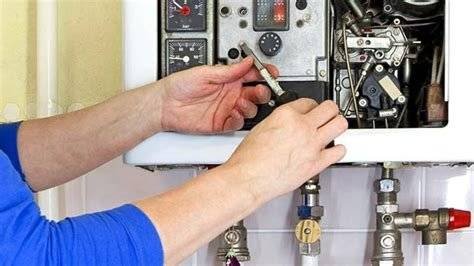
Replace or Repair Heater: A Overall Overview
Intro
Choosing whether to change or fix your heater is a substantial choice for any property owner. The option affects your instant convenience and safety and has long-term monetary ramifications. This extensive guide will check out numerous aspects to consider, helping you make a notified choice.
Comprehending Your Furnace
Lifespan and Types
Heating systems generally have a lifespan of 15-20 years. The two main types are gas and electrical, each with various upkeep and operational expenses.
Indications of Trouble
Common indications that your heater may need attention consist of uncommon sounds, irregular heating, and increased energy costs.
When to Consider Fixing Your Heater
Repair work is frequently the best option for small problems or heaters that are relatively new and still under warranty.
Cost-Effectiveness
Fixing can be more affordable for small problems. Nevertheless, frequent repair work might show a deeper issue.
Ecological Effect
Repairs frequently have a lower environmental impact than replacing the whole unit.
When Replacement is the Best Choice
You ought to consider replacement if your heater is near the end of its life-span, repair work are ending up being increasingly expensive, or if it could be more energy efficient.
Long-lasting Cost Cost Savings
While the preliminary cost is greater, a brand-new heater can be more energy-efficient, conserving you cash on energy costs.
Technological Improvements
Newer designs feature innovative technology, such as wise thermostats, which offer better temperature level control and efficiency.
Weighing Your Options
Cost Analysis
Compare the cost of repair work in time versus the one-time expenditure of a brand-new heater.
Energy Effectiveness
Evaluate how your existing heater’s efficiency is impacting your energy costs.
Home Value
Think about how a brand-new heater might increase the worth of your home, specifically if you prepare to sell in the future.
Expert Suggestions
Looking For Professional Viewpoint
Talk to heating and cooling experts to examine the state of your existing heater and get price quotes for repair work and replacement.
Importance of Routine Upkeep
Routine upkeep can extend the life of your heater, whether you choose to fix or change it.
Summary
In conclusion, choosing to fix or change your heater depends upon numerous factors, including age, condition, cost, and energy efficiency. By considering these factors and looking for professional advice, you can decide that makes sure convenience, safety, and monetary prudence for your home.
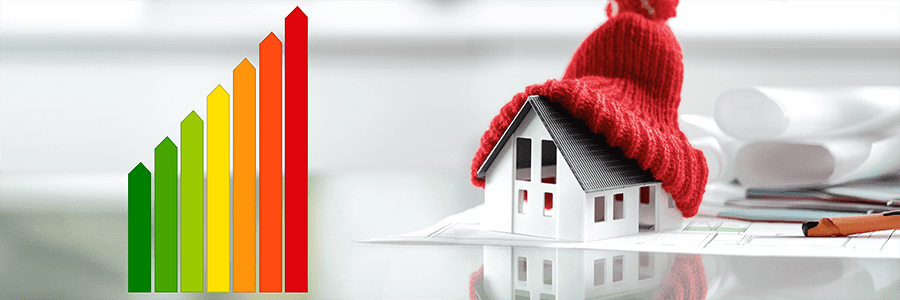
What Season is the Least Expensive to Change The Heater?
Will a New Energy-Efficient Heater Reduce Your Home Insurance Coverage?
Intro
Home upkeep can be a substantial investment, specifically when it involves important systems like heating. One of the most significant expenses property owners deal with is replacing their heater. Nevertheless, timing this replacement can lead to significant cost savings. This post checks out the best time of year to change your heater, considering cost-effectiveness and practicality.
Comprehending Heater Replacements
The Requirement for Replacement
Before delving into timing, it’s necessary to understand why and when you ought to change your heater. Common signs consist of frequent repair work, heating inefficiency, and the unit’s age (usually beyond 15-20 years). Replacing an outdated or malfunctioning heater enhances heating efficiency and makes sure safety and convenience during chillier months.
Elements Influencing Heater Rates
A number of factors impact heater rates, including the type of heater, brand, capability, and the complexity of setup. Seasonal need is another significant factor, frequently neglected, yet it plays a crucial role in figuring out the cost.
Best Time for Replacement: Off-Season
Why Select Off-Season?
The off-season, mostly spring and early fall, is usually the least expensive to change a furnace. The need for heater is lower during these durations than during the peak winter months. Lower need frequently results in more competitive pricing from manufacturers and installers.
Benefits of Off-Season Replacement
- Lower Expenses: Minimized need can lead to discounts and more consumer working out power.
- Schedule of Technicians: a/c specialists are less busy during these times, guaranteeing more versatile scheduling and quicker setup.
- Adequate Time for Research: The off-season offers property owners adequate time to research study various heater designs and choices without the pressure of instant requirement.
Planning Ahead
Making use of the off-season requires planning. Expect the requirement for replacement and schedule it when the need is low. This insight saves cash and prevents the hassle of a furnace breaking down in the middle of winter season.
Winter season: The Peak Season
Obstacles of Winter Season Replacement
- Greater Rates: The need for heater setup and repair work peaks during winter season, causing greater rates.
- Busy Schedules: Discovering a technician might be more difficult, and you might need to wait longer for a consultation.
- Emergency Replacements: If your heater breaks down in winter season, you might need to choose an instant replacement, which leaves little space for cost comparison or negotiation.
Other Considerations
Energy Effectiveness and Rebates
Investing in energy-efficient designs might be more expensive in advance however can lead to long-term cost savings. Also, watch out for rebates and tax credits provided for energy-efficient home improvements.
Importance of Routine Upkeep
Routine upkeep can lengthen the life of your heater, postponing the requirement for replacement. It’s a vital aspect of home care that you ought to take note of.
Summary
Timing your heater replacement can lead to significant cost savings. The off-season, especially spring and early fall, is generally the most affordable duration for this investment. Planning, considering energy efficiency, and keeping your existing heater can optimize expenses and guarantee a warm, comfortable home.
Intro
House owners frequently consider whether upgrading their home devices and systems can lead to cost savings on their home insurance coverage premiums. One typical concern is whether installing a brand-new heater reduces home insurance coverage expenses. This post delves into how a brand-new heater setup might impact your home insurance coverage, using insights into insurance policies, risk management, and possible cost savings.
Comprehending Home Insurance Coverage Premiums
Before diving into the specifics of heaters and insurance coverage, it’s important to understand what factors affect home insurance coverage premiums. Insurance provider examine numerous factors, including:
- Residential Or Commercial Property Age and Condition: Insurance coverage Representatives view newer homes with upgraded systems as lower risks.
- Area: Geographic place and regional environment can considerably impact insurance coverage rates.
- Security Functions: The existence of alarms, smoke alarm, and other safety gadgets can reduce premiums.
The Effect of a New Heater on Home Insurance Coverage
Setting up a brand-new heater in your home can have numerous ramifications for your home insurance coverage:
- Minimized Danger of Fire and Gas Leaks: Modern heaters with innovative safety features reduce risks like fire or gas leaks. This risk reduction can be beneficial in the eyes of insurance coverage providers.
- Improved Energy Effectiveness: Newer heaters are frequently more energy-efficient, causing lower energy expenses and a decreased environmental footprint, indirectly impacting insurance coverage factors to consider.
- Enhanced Home Value: Updating to a brand-new heater can increase your home’s market price, which might impact the protection you need.
Possible Insurance Coverage Discount Rates
Some insurance companies offer discounts for home improvements that minimize risk. These might consist of:
- Protective Device Discounts: You might qualify for a discount rate if your new heater includes innovative safety features.
- Green Home Discounts: Some insurance providers supply unique discounts for installing energy-efficient appliances.
Documents and Appraisal
To utilize a brand-new heater setup for insurance coverage advantages, consider the following:
- Expert Installation: Guarantee a certified professional installs your heater, which can be a prerequisite for insurance coverage advantages.
- Keep Records: Maintain all invoices and paperwork for the heater purchase and setup.
- Inform Your Insurance Provider: Inform your insurer about the upgrade. They may require an inspection or additional paperwork.
Considerations Before Updating
While a brand-new heater can offer advantages, consider the following:
- Cost vs. Benefit Analysis: Assess if the long-term cost savings on insurance coverage and energy costs validate the preliminary cost of a brand-new heater.
- Insurance Policy Review: Speak with your insurance coverage agent to understand how a brand-new heater might particularly impact your policy.
Summary
Updating to a brand-new heater can reduce your home insurance coverage premiums by minimizing risk and enhancing your home’s safety and efficiency. Nevertheless, the impact differs based on individual insurance policies and the particular features of the heater. It’s recommended to talk to your insurance coverage provider to understand the complete advantages and ramifications of a brand-new heater setup.
Frequently asked questions
Q: How much can I save money on my home insurance coverage by installing a brand-new heater?
A: Savings vary based on the insurance coverage provider and the particular features of the new heater. Talk to your insurance coverage agent for detailed details.
Q: Are there any particular kinds of heaters that are more beneficial for insurance coverage discounts?
A: Heating systems with innovative safety features, high energy efficiency scores, and those that fulfill particular environmental standards are frequently more beneficial.
How to Get ready for a Heater Installation
Setting up a brand-new heater in your home is a substantial investment and a vital upgrade to your home. It enhances the convenience of your home and enhances energy efficiency. Correct setup preparation is important to guarantee the setup process is smooth and worry-free. This post will guide you through the required steps to prepare for a furnace setup.
Comprehending Your Heating Needs
Assessing Your Area: The initial step is to examine the size of your area and understand the heating requirements. A too-large or too-small heater for your home can lead to inefficiency and greater energy expenses. Consulting with a heating professional to identify the best heater size is crucial.
Picking the Right Heater: There are numerous heaters, including gas, electrical, and oil. Each has advantages and disadvantages; the option depends upon your place, budget plan, and individual preference. Research and talk to experts to make a notified choice.
Pre-Installation Preparation
Choosing a Qualified Installer: We can not overstate the importance of picking a qualified and experienced installer. Look for experts with good reviews and appropriate certification. They will guarantee a proper setup and guide you through the process.
Cleaning the Location: Guarantee the area where you prepare to set up the heater is clear of any mess. A clean area provides simple access to the setup team and speeds up the process. Remove any important or delicate products from the vicinity to prevent accidental damage.
Getting ready for Downtime: Depending on the complexity of the setup, your heating unit may be down for a couple of hours to a day. Strategy appropriately, specifically if the setup is during chillier months.
During Installation
Access to Your Home: Guarantee the installers have simple access to your home, which includes guaranteeing that parking is readily available and a clear path to the heater place.
Communication: Stay readily available to address any questions the installers might have. Clear interaction can assist deal with any problems quickly and guarantee your setup goes as prepared.
After Installation Checks
Inspect the Setup: Once the setup is complete, inspect the deal with the installer. Guarantee that the setup is complete and that the area is clean.
Comprehending the System: Have the installer describe the functioning of the new heater, including how to change filters and the basic troubleshooting steps.
Service warranty and Documents: Ensure you get all required paperwork, including warranty details and operating manuals. Keep these files in a safe place for future recommendation.
Conclusion
Getting ready for a furnace setup involves understanding your heating needs, picking the best heater, and picking a qualified installer. By following these steps, you can guarantee a problem-free setup process and enjoy the convenience and efficiency of your new heating unit for several years to come. Keep in mind, a little preparation goes a long way in guaranteeing a smooth and successful heater setup.
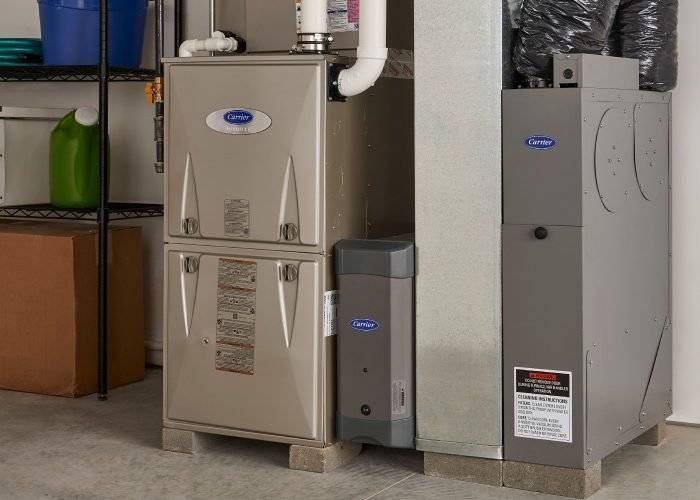
Our Work
